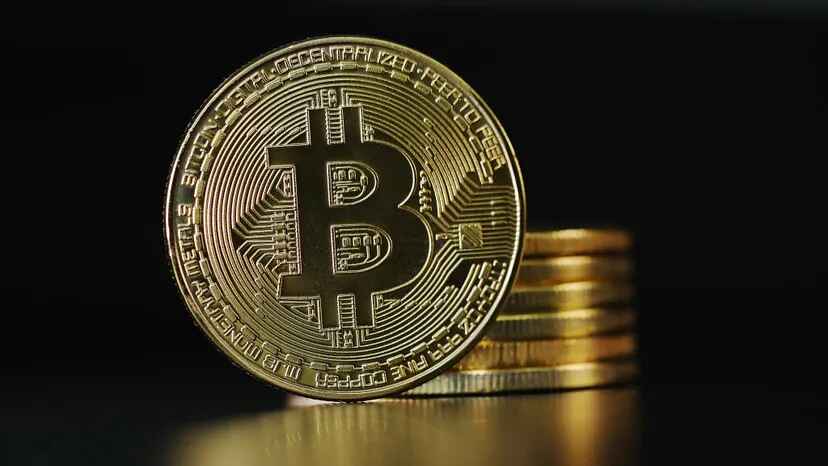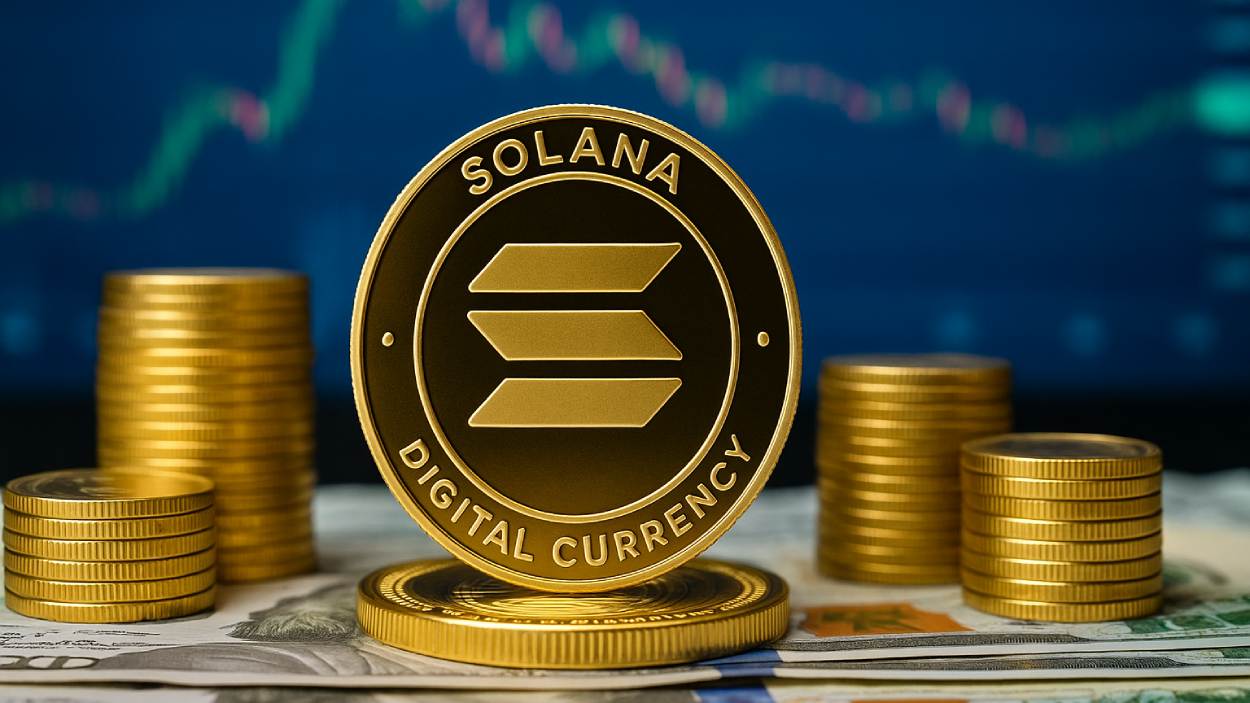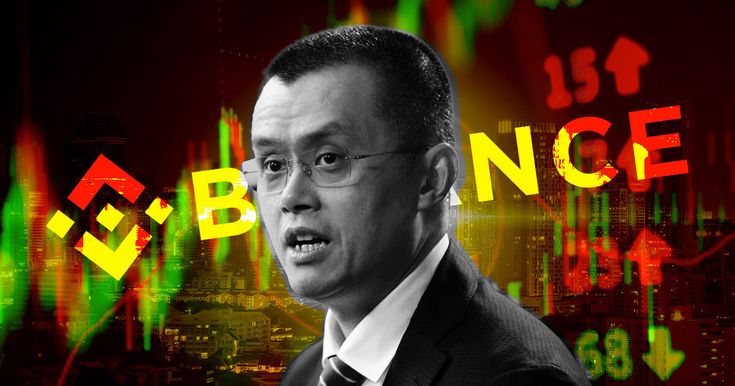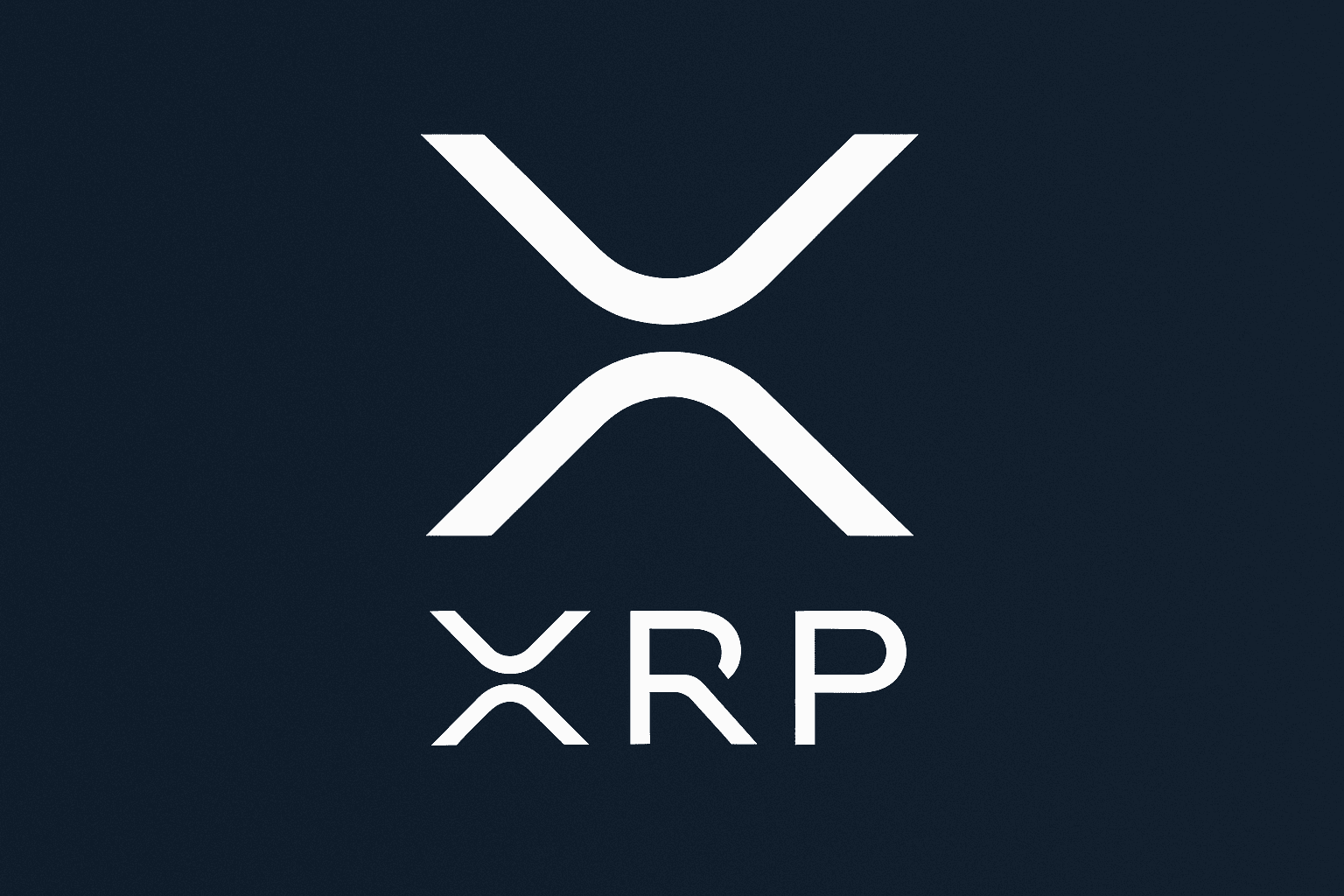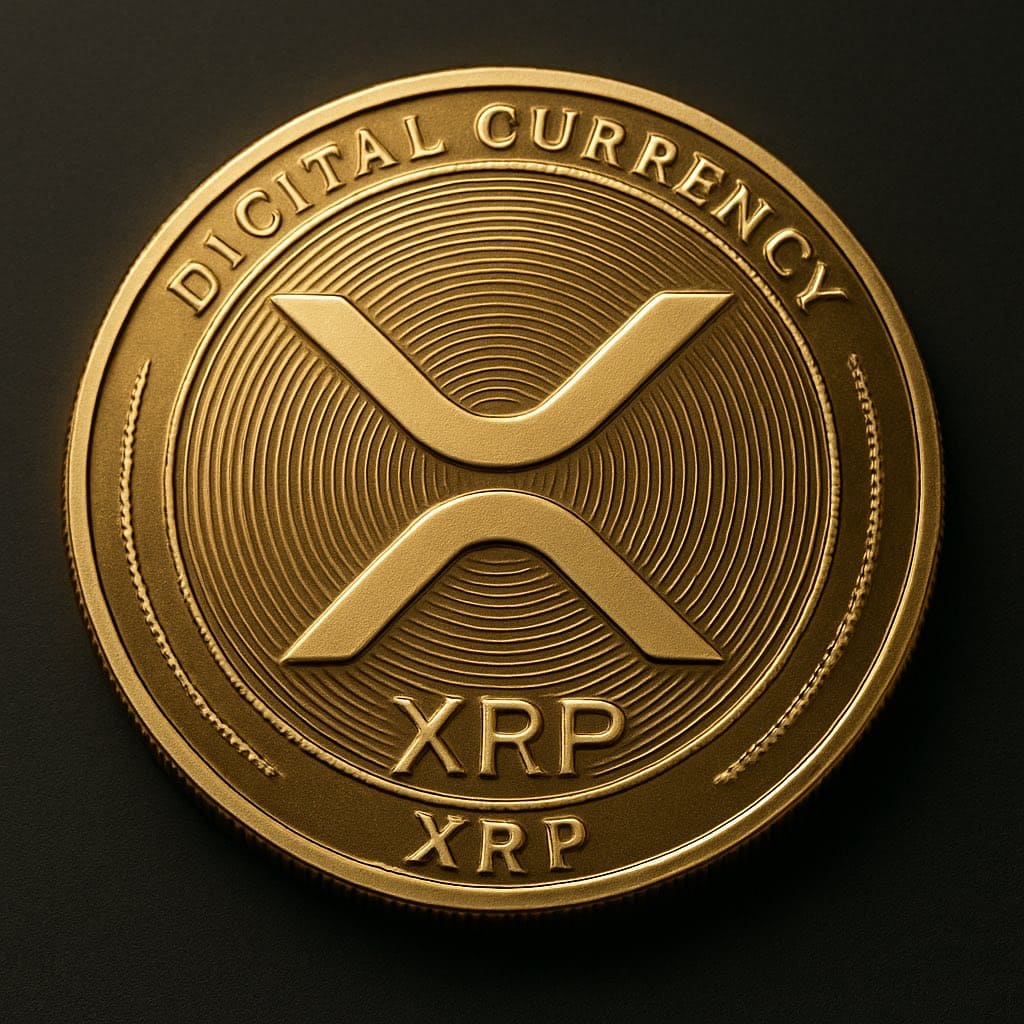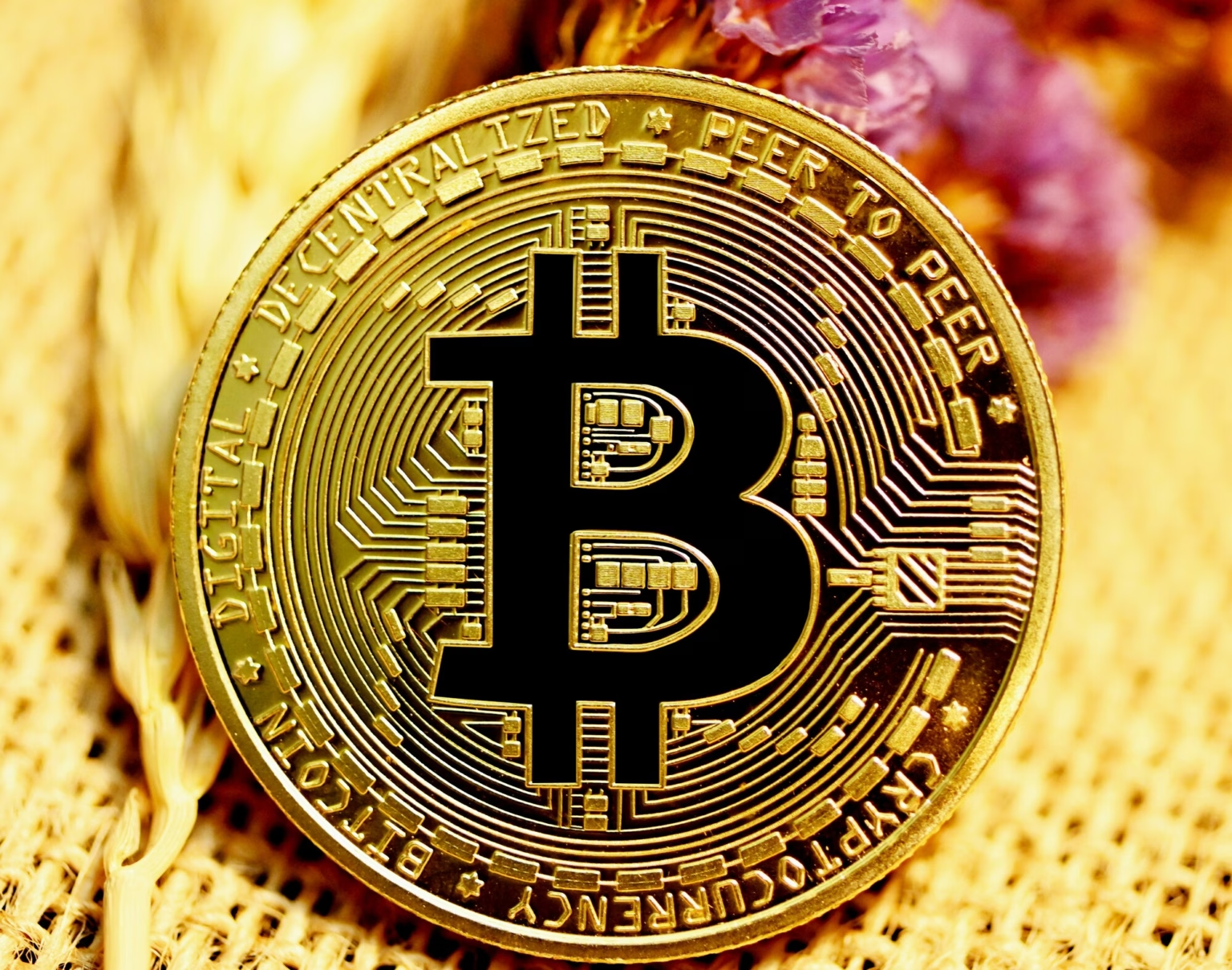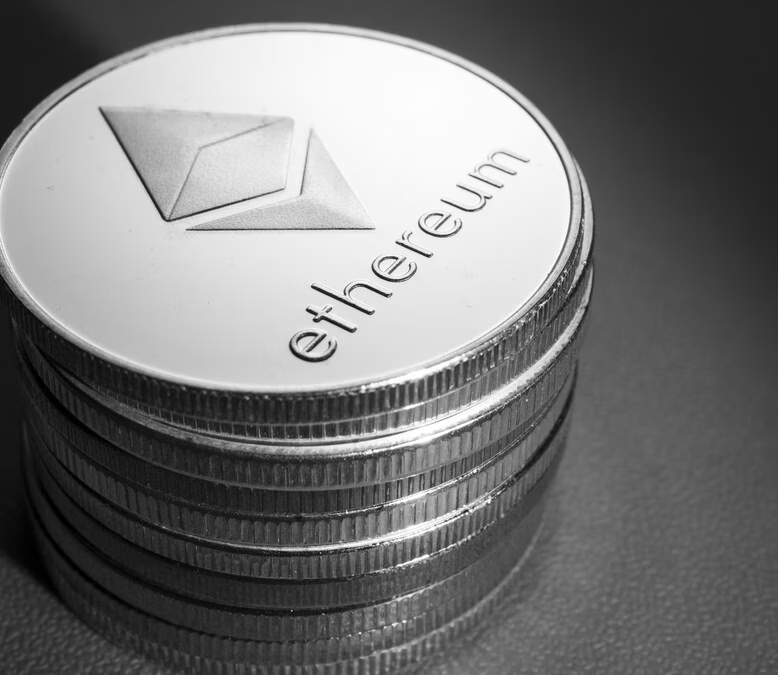U.S. SEC Chair Paul Atkins said the agency will take a limited role in regulating the crypto industry, outlining in a Wednesday speech the few cases in which tokens may qualify as securities under Trump’s second administration.
Atkins stated that “network tokens,” especially those tied to decentralized blockchains such as XRP Ledger (XRPL) and Solana, should not be deemed as securities. Their value, he said, arises from network utility, not managerial promises.
He added that “digital collectibles,” tokens tied to memes, media, or cultural trends, and “digital tools,” which serve a function such as membership or access, also fall outside the SEC’s jurisdiction. The clarification effectively excludes a wide range of cryptocurrencies, including popular meme coins, like Shiba Inu and Dogecoin, from being classified as securities.
Narrow Test for Investment Contracts
Atkins reiterated that a crypto asset becomes a security only when its buyers expect profits that depend on the “essential managerial efforts” of others. He stressed that such expectations must stem from clear promises made by the issuer.
That standard would exclude most digital tokens currently in circulation. Atkins added that if a crypto asset initially qualifies as a security, it can revert to non-security status once the issuer’s commitments are either met or terminated.
The position underscores the SEC’s evolving approach toward a more functional, use-based interpretation of the Howey Test, one that echoes commodity-style treatment of decentralized assets.
Push for Unified Trading Platforms
Atkins also expressed support for developing “super-apps” that can facilitate trading between securities and non-securities on the same platform. He said he has instructed SEC staff to draft recommendations that would allow tokenized securities to trade in markets outside of traditional SEC oversight.
“While capital formation should remain under SEC supervision, innovation and investor choice shouldn’t be restricted to one type of regulated venue,” Atkins said.
Atkins closed his remarks by revisiting the agency’s original purpose. Created after the Great Depression, the SEC was designed to prevent fraud in cases where investors relied on others’ honesty and competence, he said. It was not meant to serve as a catch-all regulator for every new form of value, digital or otherwise.
